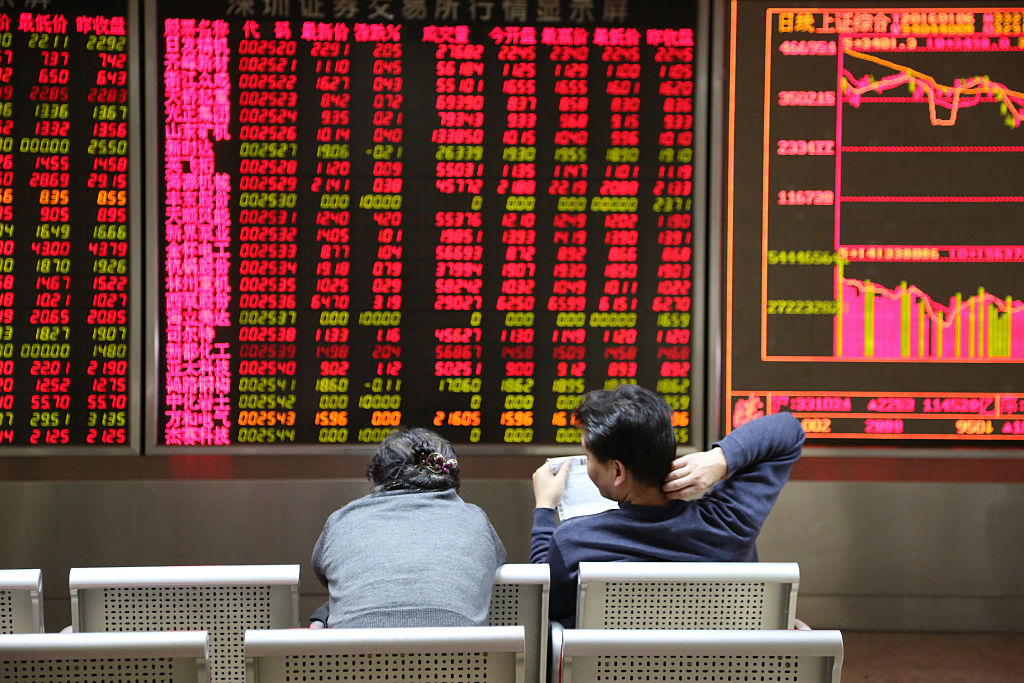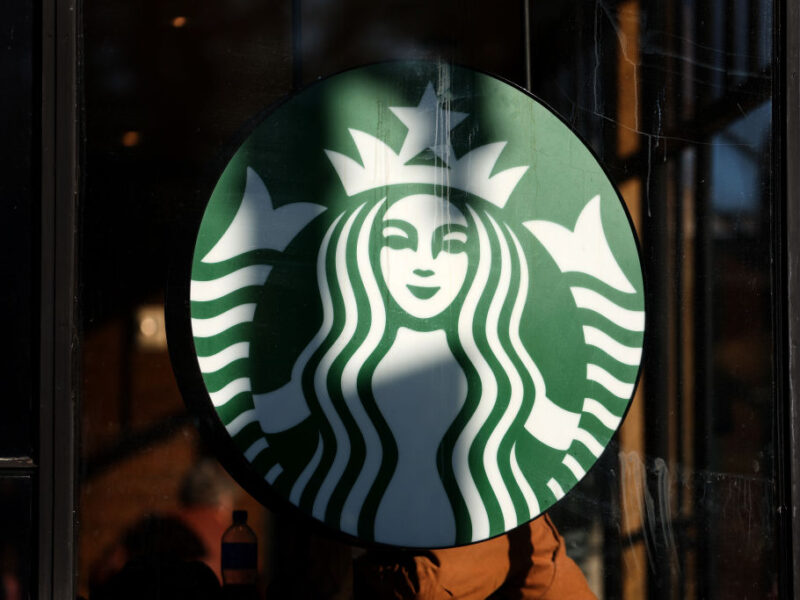
In the wake of heighten concerns over US tariff policy comes a new study at the Bush School of Government and Public Service at Texas A&M University suggesting that Chinese monetary policy may be contributing to the US trade deficit.
Entitled “Understanding China’s Currency Manipulation,” the research is summarized in the latest publication from the Bush School’s Mosbacher Institute of Trade, Economics, and Public Policy. Since 2005, China’s monetary regime has set the value of the Chinese Renminbi (RMB) rather than market forces. In this latest issue of The Takeaway, three Bush School students use research from one of their classes to enter the debate about whether China can be labeled a currency manipulator. Their analysis examined real exchange rates, and found evidence that China is undervaluing its currency to artificially inflate its net exports—to the benefit of US consumers but at the expense of the US trade deficit.
The researchers observed that the consistently low value of China’s currency increases Chinese exports to the United States and decreases prices paid by US consumers. Their data showed that while the United States-China real exchange rate fell, China’s share of the US trade deficit rose. The authors note that the response to this challenge is unclear. Cheaper goods benefit US consumers, while cheap imports hurt US producers as they lose market share to foreign companies. As well, China could offset any increase in tariffs with further currency changes.
This research was conducted by Rebecca Skaff, Lincoln Webb, and Kyle Clahane, second year Bush School students in the master of international affairs program. It was part of their work for a class on global economics taught by Dr. Raymond Robertson.
The full Takeaway can be found on the Mosbacher Institute website.
###
This story originally appeared on the Bush School website.





